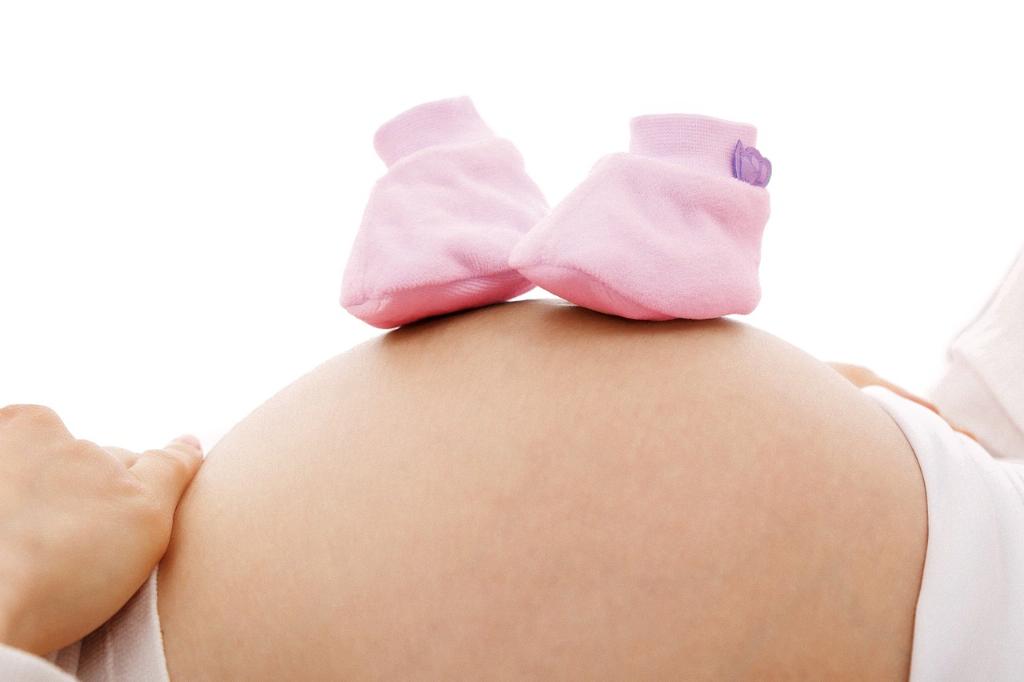When it comes to the critical question of how long paid maternity leave is in Washington, DC, it’s essential to delve into the specifics of the Paid Family Leave benefits offered in the District. The District of Columbia provides unique benefits to working individuals, ensuring that they do not have to make the challenging choice between caring for their loved ones and earning a necessary income.
Parental Leave Benefits
DC’s Paid Family Leave program includes a specific provision for Parental Leave, offering a total of twelve (12) weeks of benefits within a year to eligible individuals seeking to bond with a new child. This provision aims to support parents in taking necessary time off to nurture and establish a strong bond with their newborn.
Utilizing Paid Maternity Leave
For new mothers in DC, this means that they can take advantage of the Paid Family Leave benefits to ensure they have the crucial time needed to recover from childbirth, support their newborn, and adjust to the demands of motherhood. The ability to utilize paid maternity leave can significantly contribute to the well-being and health of both mother and child.
Flexibility and Support
One of the significant advantages of the Paid Family Leave program in Washington, DC, is the flexibility it offers to new parents. The twelve-week benefit period allows for parents to decide how best to allocate their time to meet the needs of their family, providing essential support during a critical period of adjustment.
Ensuring Job Security
Another crucial aspect of the Paid Family Leave program in DC is the protection it provides for individuals taking advantage of the benefits. By offering paid leave, the program helps ensure that new parents can take time off to care for their child without fear of losing their job or facing financial instability.
Building Stronger Family Bonds
With the provision of Paid Family Leave benefits, Washington, DC, aims to promote stronger family bonds by enabling parents to spend quality time with their newborns during the crucial early months. This time together not only fosters emotional connections but also supports the overall well-being of both parents and children.
Supporting Wellness and Recovery
Paid maternity leave in DC plays a vital role in supporting the wellness and recovery of new mothers after childbirth. The ability to take time off work without sacrificing income allows mothers to prioritize their health and healing, leading to a smoother transition into their new role as parents.
Promoting Gender Equality
By offering generous paid maternity leave benefits, DC contributes to promoting gender equality in the workplace. Providing new mothers with the opportunity to take time off work without financial constraints helps level the playing field and encourages a more inclusive and supportive work environment.
Benefits Beyond the Individual
The advantages of paid maternity leave extend beyond the individual to have broader societal impacts. By supporting families in their early stages and enabling parents to provide necessary care for their children, DC’s Paid Family Leave program contributes to the overall well-being and stability of the community.
Positive Impact on Workplace Culture
Introducing paid maternity leave benefits can have a positive impact on workplace culture by showcasing an organization’s commitment to supporting its employees through significant life events. By valuing the well-being of new parents, businesses in DC can create a more inclusive and supportive environment for all employees.
Conclusion
In conclusion, the Paid Family Leave benefits provided in Washington, DC, offer valuable support to new parents, including mothers seeking paid maternity leave. By ensuring job security, promoting wellness, and fostering stronger family bonds, DC’s program plays a crucial role in creating a more equitable and supportive community for families.

